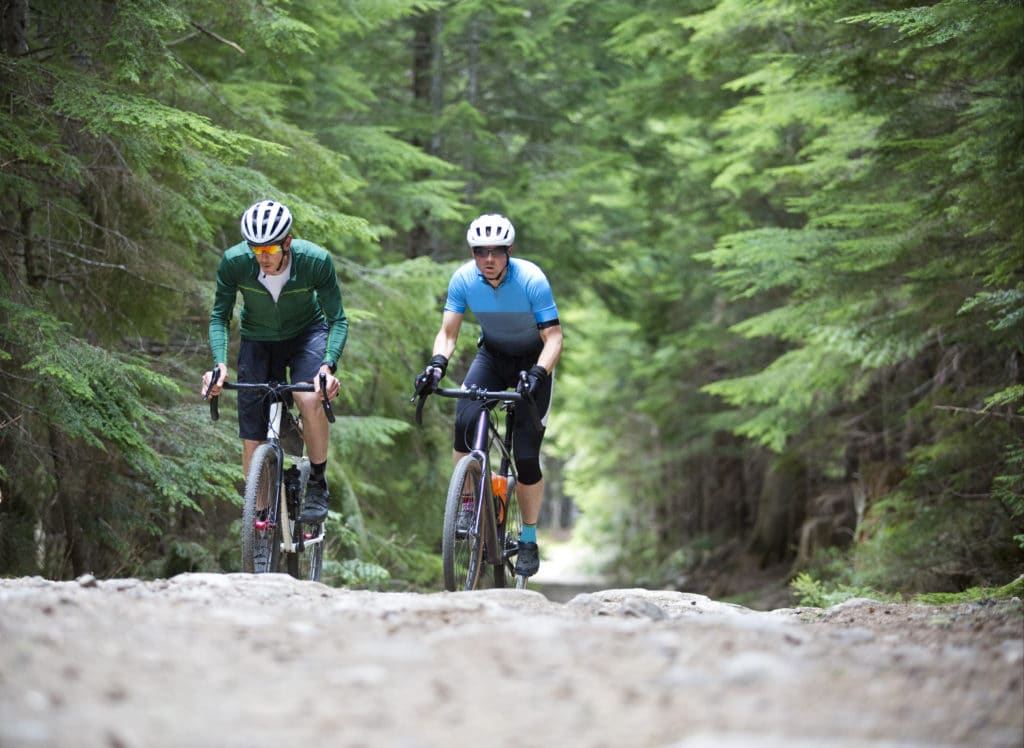The world of personal transport vehicles (PTVs) – such as bicycles, e-bikes, scooters, e-scooters and things that roll that don’t even have names yet (!) – is booming. Cycling contributed nearly $1 billion in health and social benefits to Australia in 2022 alone. Revolve ReCYCLING actively wants to be part of the collaborations that this incredible “mobility revolution” will bring.
In the future “ride economy”, we believe that there will be many different environmental, social and commercial opportunities for many different people, organisations and businesses. There will be new types of organisations, businesses, supply chains, and jobs as the way we get around, and the way we manage rides after their “first life” changes for the better.
If you’re also passionate about bikes, other rides, personal transport and sustainability, we would love to hear from you about what we can potentially do together.
We consider ourselves part of a rapidly growing “pedal people fraternity” of those who ride, repair, sell, recycle, redeploy, re-use, and advocate for rides. For us, each of you is possible partner!
Some early ideas:
- Charities, schools, partner organisations and householders that want to accept donations of the bikes that we fix up, including for free for kids in need;
- Community groups, sports clubs, houses of worship, or schools who want to work with us to hold “Bring Your Bike Back Days” like during events, fairs or fetes;
- “Backyard” bike mechanics – like at Men’s Sheds – who want to do some work for us, or even supply us with reconditioned rides;
- Bicycle training organisations who want to place students for training in our workshops;
- Revolve ReCYCLERs who want to collect rides for us as drop-off points around Sydney;
- Bike shops who want help in minimising their waste and sharing their customers’ environmental values;
- Councils, strata managers and other property managers who have “dumped” rides on their sites and want a better environmental and social outcome than landfill;
- Ride retailers who want high-quality, reconditioned, second-hand rides;
- Bike brands who want to practice voluntary product stewardship;
- NDIS employment organisations hoping to place interested candidates, or NDIS carers who work with us as part of clients’ community engagement activities;
- Fleet owners and managers of various rides who want to ensure environmental responsibility;
- Product stewardship schemes that want efficiencies;
- “Makers” interested in using ride components and parts for creative and productive work;
- Designers, researchers, academics and inventors who are thinking about achieving circularity in PTVs, such as bikes made from recycled content plastic, and;
- Public policy makers who are interested in learning more about a real-world re-use organisation building a new category in the circular economy.

Like all “revolutions”, it’s hard to exactly know where the mobility revolution ends up
Revolve ReCYCLING feels the future might have some of these features:
- More people using PTVs of all descriptions for a broad range of purposes and personalities;
- More PTVs with hybrid power systems, eg, humans and batteries (!);
- More and different types of organisations and businesses and jobs in the new “ride economy”;
- The challenge of less ride-related material going to landfill even as consumption increases;
- The challenge of safely managing and recycling a rapidly growing number of (potentially nasty) batteries (which are now subject to a product stewardship scheme);
- Meaningful ride-related jobs for people from socially disadvantaged or disabled backgrounds;
- Greater reuse and redeployment of rides;
- Product stewardship initiatives by big brands and/or big retailers of PTVs;
- Circular design and manufacturing of rides from recycled content materials, and;
- Fleet owners and managers ensuring the environmental sustainability of their rides.
If you see yourself on the above lists, or want to add your own ideas, come talk to us about how we can mutually add value to the environmental sustainability, social capital and the new “mobility economy”. The first coffee is on us!

